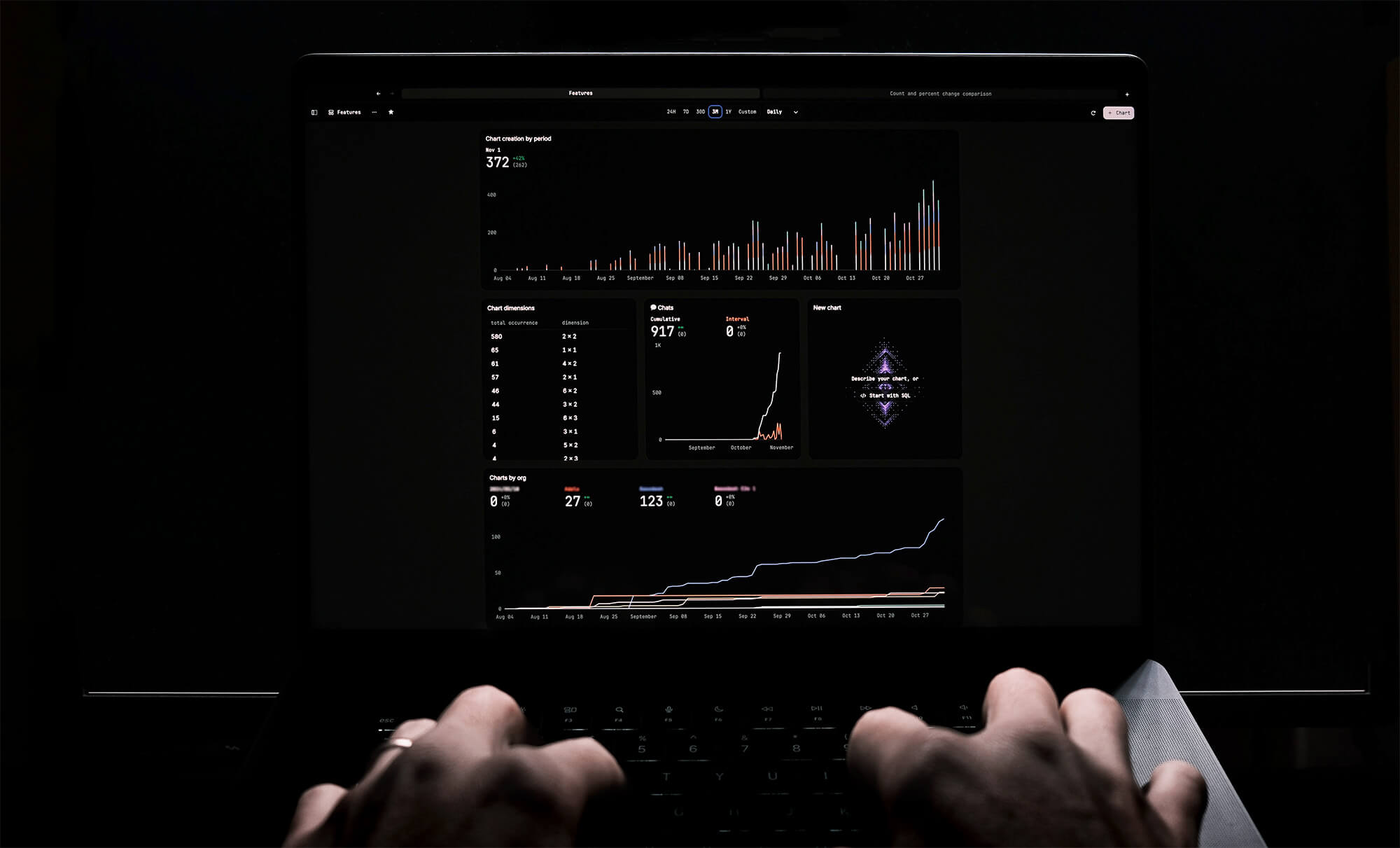
MySQL vs. MS Access: A Comprehensive Guide
MySQL and Microsoft Access are two prominent database management systems, each catering to different needs and use cases. While MySQL is a robust, open-source DBMS ideal for web-based applications, Microsoft Access is a desktop database system tailored for small-scale applications and ease of use. Understanding their differences and strengths is crucial for choosing the right system for your needs.
Overview of MySQL
MySQL is a widely-used open-source relational database management system. It's known for its reliability, scalability, and compatibility with various platforms and languages.
Key Features of MySQL
- Open-Source and Free: MySQL is open-source, making it a cost-effective solution.
- Cross-Platform Compatibility: Runs on various operating systems, including Windows, Linux, and macOS.
- High Performance and Scalability: Ideal for large-scale applications and capable of handling heavy workloads.
- Support for Complex Queries: Efficient in handling complex queries and large datasets.
- Robust Security Features: Includes strong data protection mechanisms.
Use Cases for MySQL
- Web applications
- Data warehousing
- E-commerce sites
- Logging applications
Overview of Microsoft Access
Microsoft Access is a part of the Microsoft Office suite, offering a user-friendly interface for managing databases.
Key Features of MS Access
- User-Friendly Interface: Features a GUI that's easy to navigate, even for beginners.
- Integration with Microsoft Products: Seamlessly integrates with other Microsoft Office products like Excel and Word.
- Rapid Application Development: Ideal for quickly creating small-scale, desktop-based applications.
- Limited Scalability: Best suited for small organizations or individual departments.
- Built-in Templates: Comes with pre-designed templates to simplify database creation.
Use Cases for MS Access
- Small business applications
- Personal data tracking
- Simple inventory systems
- Localized single-user applications
Comparison of MySQL and MS Access
Performance and Scalability
- MySQL: Offers superior performance and scalability, making it suitable for handling large databases and high-traffic websites.
- MS Access: More limited in terms of performance and scalability, best for smaller, localized databases.
Development Environment
- MySQL: Requires knowledge of SQL for database design and manipulation.
- MS Access: Provides a more intuitive, drag-and-drop interface, requiring less technical knowledge.
Cost and Licensing
- MySQL: Being open-source, it is free, though enterprise versions are available at a cost.
- MS Access: Part of the Microsoft Office suite, requiring a license for use.
Security
- MySQL: Offers advanced security features, suitable for applications where data security is a priority.
- MS Access: Provides basic security features, may not be sufficient for highly sensitive data.
Connectivity and Integration
- MySQL: Easily integrates with web applications and supports various programming languages.
- MS Access: Integrates well with other Microsoft Office applications but is less versatile in web integration.
Detailed Technical Comparison
Storage Engine Differences
- MySQL: Offers multiple storage engines, like InnoDB (supports transactions and foreign keys) and MyISAM (optimized for read-heavy operations but doesn't support transactions).
- MS Access: Uses a single storage engine, which is simpler but less versatile compared to MySQL. It doesn't offer the same level of customization or optimization for specific workloads.
Indexing Capabilities
- MySQL: Provides powerful indexing options, including full-text indexing in InnoDB and MyISAM engines. This enhances performance in large databases.
- MS Access: Supports basic indexing, sufficient for small databases but less effective for complex queries and large datasets.
Transaction Support
- MySQL: Supports transactions, which is crucial for data integrity in applications like e-commerce websites.
- MS Access: Offers limited transaction capabilities, making it less suitable for applications where transactional integrity is crucial.
Advanced Features in MySQL and MS Access
Replication and Clustering
- MySQL: Offers advanced replication features, including master-slave and master-master replication, and supports clustering for high availability.
- MS Access: Does not natively support replication or clustering, limiting its use in high-availability scenarios.
Cloud Compatibility
- MySQL: Compatible with various cloud platforms, like AWS RDS and Azure Database for MySQL, allowing scalable and flexible deployment options.
- MS Access: Primarily designed for desktop or local network use and lacks native cloud deployment capabilities.
Recent Updates and Trends
MySQL
- Recent Updates: Emphasis on improved performance, enhanced JSON support, and increased security features.
- Trends: Growing adoption in cloud environments and use in conjunction with big data technologies.
MS Access
- Recent Updates: Focus on improved integration with Microsoft 365 and enhanced UI elements.
- Trends: Increasing emphasis on integrating with other Microsoft services, like SharePoint and Power BI.
Migration Considerations
Migrating from MS Access to MySQL
- Challenges: Differences in data types, query syntax, and lack of native VBA support in MySQL.
- Best Practices: Use of migration tools to convert Access databases to MySQL, careful planning of data type mapping, and rewriting of queries and reports.
Migrating from MySQL to MS Access
- Challenges: Loss of certain functionalities like complex transactions, scaling down of database features.
- Best Practices: Evaluate the necessity of migration, considering the feature limitations of MS Access. Where feasible, maintain the application logic in a front-end application while using Access solely for data storage.
Choosing the Right System
Selecting between MySQL and MS Access depends on your specific needs:
- For web applications, large databases, or projects requiring robust scalability and security, MySQL is the preferred choice.
- For smaller-scale projects, desktop applications, or scenarios where ease of use and rapid development are priorities, MS Access is more suitable.
Scale with Basedash
While not directly related to the choice between MySQL and Microsoft Access, tools like Basedash can provide additional functionality such as generating admin panels and sharing access with controlled permissions for databases, which could influence the broader context of your database management strategy.
Invite only
We're building the next generation of data visualization.

How to Add Columns to MySQL Tables with ALTER TABLE
Robert Cooper
How to Add Columns to Your MySQL Table
Max Musing
Pivot Tables in MySQL
Robert Cooper
How to Rename a Table in MySQL
Max Musing
How to Optimize MySQL Tables for Better Performance
Robert Cooper
How to Display MySQL Table Schema: A Guide
Jeremy Sarchet




